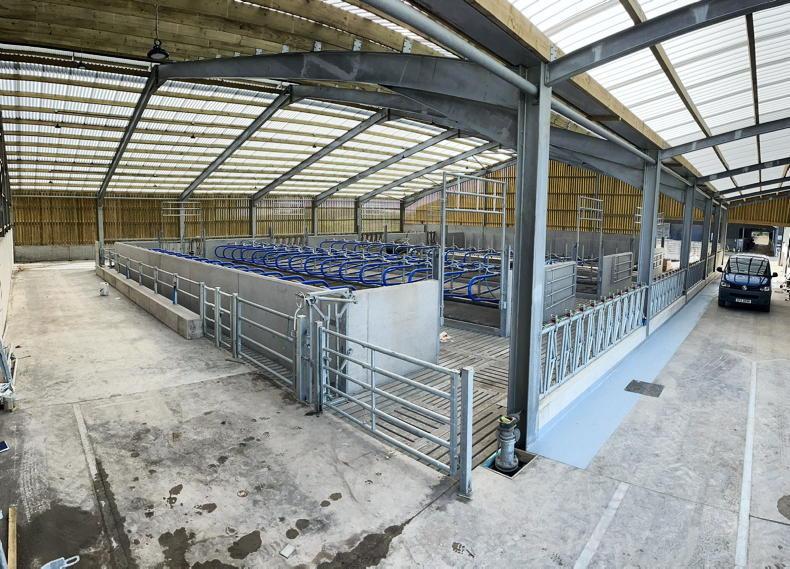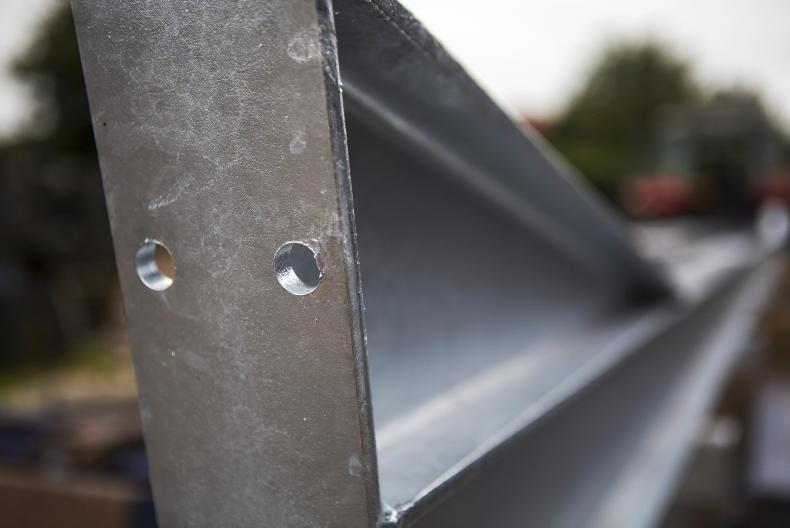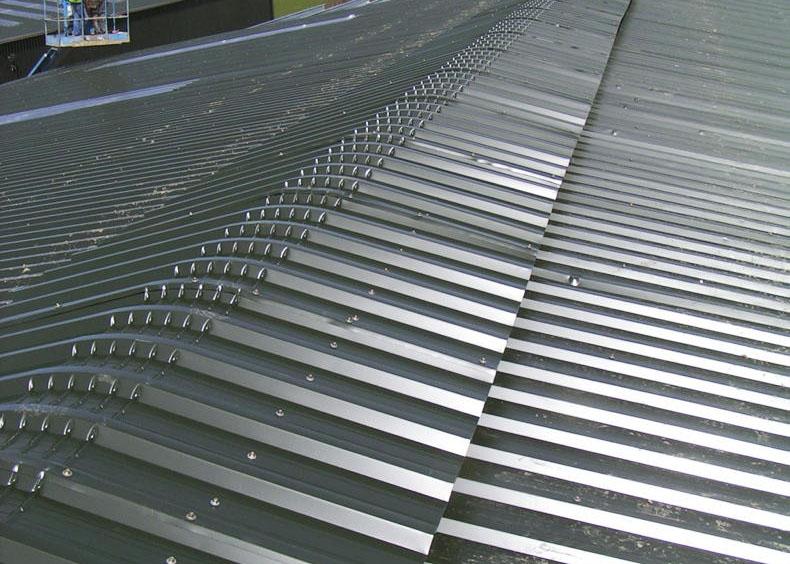DEAR SIR: It is tragic to see that farm buildings around the country have collapsed because of snow loading during Storm Emma. We have witnessed both new and old sheds on the ground and in some cases, animals were beneath.
It might now get the message across to building owners that sheds do not last forever. They have a lifespan. Not just the timber purlins but also the steel and sheeting.
Many farmers and shed builders/fabricators would look at the Department specifications, especially S101 and think that it is ridiculous. Some would even say that rafters are oversized and the like.
The specification may be oversized and there is a reason for it, the like of Storm Emma. Dr Robert Leonard and his team at the Department take considerable time and effort in developing specifications for the worst case scenario, whether it be wind, rain, fire or snow, even sunshine and the fading of sheeting colour.
Another issue is non-CE certified sheds – as of 2014, it was made mandatory that all structural steel complied with a standard and this included farm buildings (EN-1090 to EXC1).
Many farmers allow fabricators who have no insurance, welding qualifications or safety record to supply sheds. They have no idea where the steel came from – the fixings, the sheeting or purlins.
In today’s world, we all know that we can buy quality or we can buy rubbish. The rubbish and the sheds that are not maintained are usually the ones that have blown down the field or that are lying on the ground.
CE mark
We encourage all farmers to check that their shed supplier is a CE-marked company. A CE-certified company is audited each year and on completion they will issue you with a (DOP) Declaration of Performance. Know where your fabricator is purchasing their steel, sheeting, etc.
Insurance companies may decide not to pay out, if the shed was supplied to you after July 2014 and because you did not make them aware that the structure did not comply with current regulations.
In many cases, the bank has paid out and their interest is sitting on the ground or gone up in fire. These are all preventative measures. It might cost a little extra for quality and reassurance.










SHARING OPTIONS